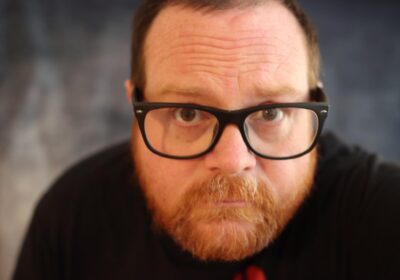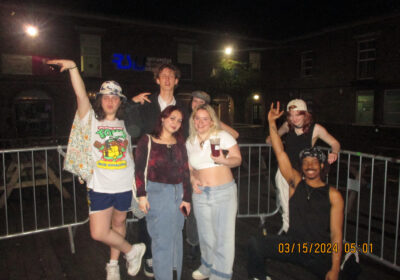Web sadly did not lead to ‘Global Village’
The internet and I pretty much grew up together.
I remember dial-up complaining loudly around the same time I was a whiny youth. As I grew older, and became a teenager – an age at which people grow less dependent on their parents and more dependent on their peers, and an age at which our social development is at its fastest rate – the internet, too, became more and more social.
I think Marshall McLuhan may have been on the right track. I’m a young adult now, and I’m becoming more socially conscious. I’m definitely growing more politically-inclined. And I think my relatively new focus on politics mirrors the internet’s. 2016 was, I think, the year in which politics really went mainstream on the internet, and Donald Trump’s election was basically the catalyst that got me personally involved.
I think we are, without a doubt, developing a global conscience, though perhaps not yet a global village. I think McLuhan hit the nail pretty much on the head. Families fight. “The global village absolutely insures maximal disagreement on all points,” he wrote.
Yep, pretty much.
I think we’re all more divided than ever, and it’s largely because we have virtually instant global communications technologies. There are definitely still different cultures in the world, and I think over time they will slowly fade into one another until the lines are so blurred that we might as well just be one nation, but I think that’s a very long time coming.
And when it does, I don’t think we’ll be any less divided for it. If McLuhan is to be believed, we’ll likely be all the more divided.
I think in an ideal world, we’d be able to get our shit together and have constructive debates to make logical, ethical decisions regarding the future of our village, however big it is.
But I don’t think the internet was the technology to accomplish that feat. The internet got us all talking. Maybe some other technology will come along that will get us all to stop arguing.






